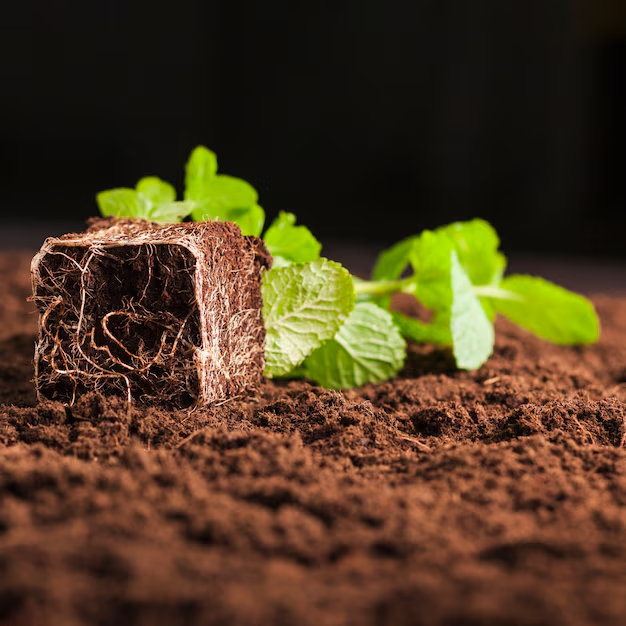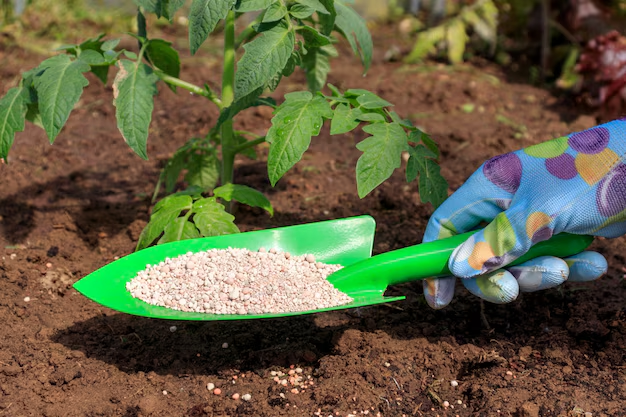Advantages and Disadvantages of Manure and Fertilizers in Agriculture
Manure and fertilizers are essential components in modern agriculture and plant science, helping to enhance soil fertility and promote healthy crop growth. While both are added to soil to increase plant productivity, they differ significantly in their origin, composition, method of preparation, and long-term effects on soil health. Understanding these differences equips students, teachers, and parents with the right knowledge for sustainable farming and academic studies.
State the Differences Between Manure and Fertilizer
Manure is a naturally occurring organic substance obtained from the decomposition of plant residues and animal waste. It is usually prepared on farms and applied to soil for enriching its organic content and improving its physical properties. In contrast, fertilizer refers to substances that are chemically manufactured or mined, containing specific, concentrated nutrients required for plant growth.
| Criteria | Manure | Fertilizer |
|---|---|---|
| Source | Natural decomposition of animal and plant waste | Industrially manufactured or extracted chemicals |
| Nutrient Content | Low and balanced; broad range, but in small amounts | High concentration of specific nutrients |
| Preparation | By decomposition (rotting) of organic material | Manufactured in factories with set nutrient formulas |
| Effect on Soil | Improves soil texture, increases organic matter | Rapidly supplies nutrients, may not enhance structure |
| Environmental Impact | Eco-friendly and biodegradable | Overuse can cause pollution and soil degradation |
| Examples | Cow dung, compost, green manure | Urea, NPK, superphosphate |


Detailed Explanation with Examples
Manure results from the natural breakdown of organic materials such as cattle dung, poultry droppings, and crop waste. It contains a mix of nutrients and humus, enriching the soil gradually. Fertilizers are specially designed to contain large amounts of specific nutrients, like nitrogen (N), phosphorus (P), and potassium (K), which can be quickly absorbed by plants for immediate effect.
For example, adding cow dung manure to a field improves soil structure, water retention, and promotes microbial activity. On the other hand, when urea fertilizer is applied, plants receive a rapid supply of nitrogen, resulting in fast and visible growth.
Breakdown of Biological Principles
- Manure: Acts as a slow-release, organic nutrient source. Microbes decompose manure, releasing nutrients over time, thus supporting long-term soil fertility.
- Fertilizer: Supplies nutrients instantly in available forms, which may boost plant growth quickly but can upset soil balance if used excessively.
Key Definitions
-
Manure:
Organic substance produced by decomposition of organic waste, used to maintain soil health and fertility.
-
Fertilizer:
Chemically manufactured or naturally occurring substances, rich in essential plant nutrients, used to enhance crop yields rapidly.
Scientific Significance
These distinctions are vital for sustainable agriculture. Overuse of fertilizers may lead to soil and water pollution, whereas manure usage enhances soil structure and biodiversity. Knowing when and how to use each helps in maintaining soil productivity and protecting natural resources.
Practice Questions
- Identify two differences between manure and fertilizer.
- Explain why manure is considered better for the environment compared to fertilizer.
- List one example each of manure and fertilizer, and describe their effects on crops.
To summarize, manure and fertilizers both support plant nutrient needs but have different advantages and limitations. Choosing the suitable option depends on crop requirement, environmental safety, and soil condition. For more detailed explanations and practice resources, visit our Vedantu Biology topic pages.


FAQs on Difference Between Manure and Fertilizers: Explained for Students
1. State the differences between manure and fertilizer.
Manure is a natural organic substance made by decomposing animal and plant waste, while fertilizers are commercially produced substances containing specific nutrients for crops.
- Manure: Improves soil texture, promotes microbial growth, and contains lower nutrient concentration.
- Fertilizer: Provides high concentrations of targeted nutrients (like nitrogen, phosphorus, potassium), but overuse can degrade soil quality and cause pollution.
2. What are 5 differences between manure and fertilizers?
The five main differences between manure and fertilizers are:
- Source: Manure is from organic waste; fertilizers are industrially produced.
- Nutrient Concentration: Manure has low, balanced nutrients; fertilizers have high, targeted nutrients.
- Soil Impact: Manure improves soil structure; fertilizers may harm soil in the long run.
- Environmental Impact: Manure is eco-friendly; fertilizers may cause pollution if overused.
- Examples: Manure – compost, cow dung; fertilizers – urea, DAP.
3. Do I need fertilizer if I use manure?
Using manure often helps maintain soil fertility and structure, but for rapid or specific nutrient needs, fertilizers may be required.
- Manure supplies slow-release, balanced nutrients and improves soil health.
- Fertilizers provide immediate, concentrated nutrients for faster crop growth.
4. Why is manure not as good as fertilizer?
Manure is not as effective as fertilizer for quick crop response because:
- It contains low concentrations of nutrients.
- Nutrients are released slowly over time.
- It may not meet specific crop nutritional demands in a short period.
5. What is the difference between organic and inorganic fertilizers?
Organic fertilizers are made from natural sources like plant or animal waste (e.g., compost, green manure), while inorganic fertilizers are chemically manufactured (e.g., urea, NPK). Organic fertilizers improve soil structure, whereas inorganic fertilizers provide quick nutrient supply.
6. What are examples of organic fertilizers?
Common examples of organic fertilizers include:
- Compost
- Farmyard manure (FYM)
- Vermicompost
- Green manure (leguminous plants ploughed into soil)
- Oil cakes
7. List two advantages and two disadvantages of manure.
Advantages:
- Improves soil texture and structure.
- Enhances soil water retention and microbial activity.
- Low nutrient concentration.
- Bulky and difficult to transport.
8. What are the disadvantages of excessive use of chemical fertilizers?
Overuse of chemical fertilizers can:
- Reduce long-term soil fertility.
- Cause water pollution through runoff.
- Harm beneficial soil organisms and biodiversity.
- Lead to soil structure degradation and increased soil salinity.
9. Is manure a type of fertilizer?
Yes, manure is considered a type of organic fertilizer because it supplies nutrients and improves soil properties, but it differs from chemical (inorganic) fertilizers in nutrient concentration and preparation.
10. Which is better for long-term soil health: manure or fertilizer?
For long-term soil health, manure is better because:
- It enriches soil organic content and structure.
- Promotes beneficial microbes and soil biodiversity.
- Prevents soil degradation over time.
11. How does manure help maintain soil fertility?
Manure adds organic matter to the soil, fostering microbial activity, enhancing nutrient cycling, improving aeration, and increasing the soil's water-holding capacity. This results in healthier, more fertile soil over time.
12. Give two examples each of manure and fertilizer.
Examples of manure:
- Compost
- Farmyard manure (FYM)
- Urea
- Diammonium phosphate (DAP)










